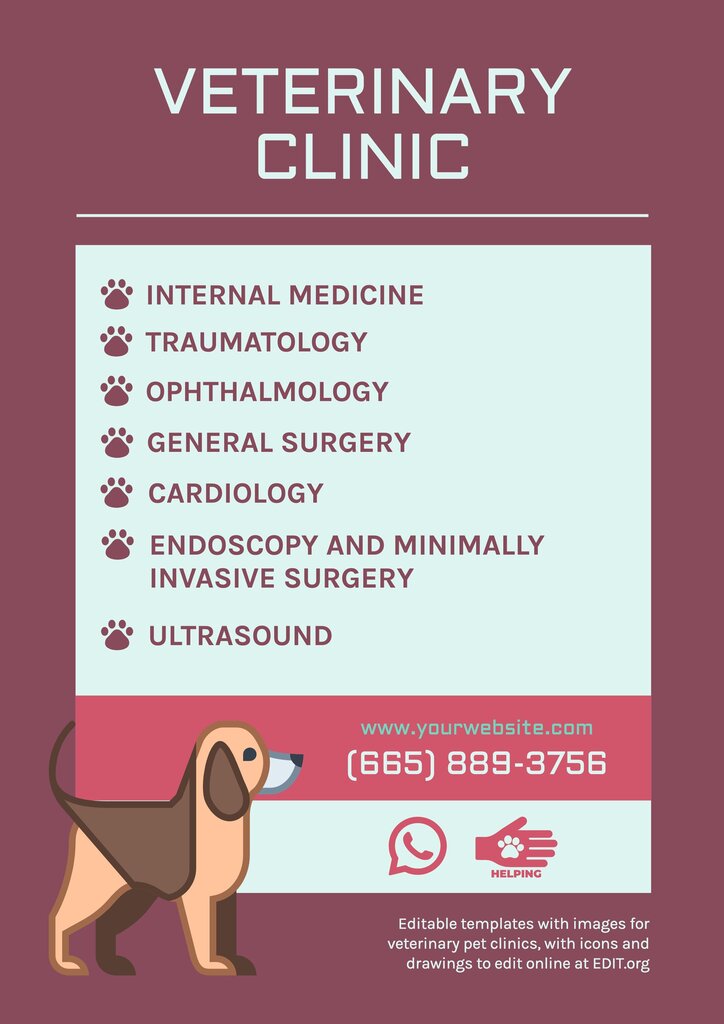How Pet Labs Ensure the Safety and Wellness of Pets
How Pet Labs Ensure the Safety and Wellness of Pets
Blog Article
Protecting the well-being of your furry companions, veterinary diagnostics should not be overlooked. Advanced veterinary facilities assist in diagnosing illnesses for our beloved pets.
Through this guide, we’ll discuss the importance of veterinary testing and highlight key tests.
Understanding Veterinary Labs for Pets
Veterinary testing centers perform diagnostic evaluations to guide treatment plans. They employ expert technicians to deliver reliable diagnostics.

Important aspects of veterinary labs include:
- Identifying problems before they worsen: This helps vets act quickly.
- Keeping an eye on recurring problems: Ensures your pet stays on track.
- Adjusting medications as needed: Helps refine care approaches.
Common Veterinary Tests for Dogs and Cats
Diagnostic centers for pets offer a wide range of diagnostic options to ensure pets are thriving. Common diagnostics include:
- Hematology screens: Assess organ function.
- Urinary tract exams: Detect urinary infections.
- Stool analysis: Check for dietary issues.
- Skin and allergy testing: Pinpoint triggers.
- Imaging diagnostics: Evaluate organ function.
The Benefits of Regular Veterinary Testing
Frequent health screenings keeps your pets in optimal condition. Through timely detection of health issues, your pet can recover more quickly.

Other advantages include:
- Improved longevity: Providing ongoing support helps pets stay by your side for years.
- Avoiding expensive emergencies: Avoiding invasive procedures saves resources down the road.
- Closer connection through care: You’ll know they’re cared for.
laboratorio de analises clinicas veterinarias
clinica veterinaria laboratoriolaboratórios farmacêuticos veterinários
Conclusion: The Value of Veterinary Labs for Pet Health
Veterinary laboratories are an invaluable resource in ensuring your dog or cat’s well-being. By scheduling regular tests, you stay ahead of potential health issues.
Talk to your veterinarian about testing options to help them live their best life!
Report this page